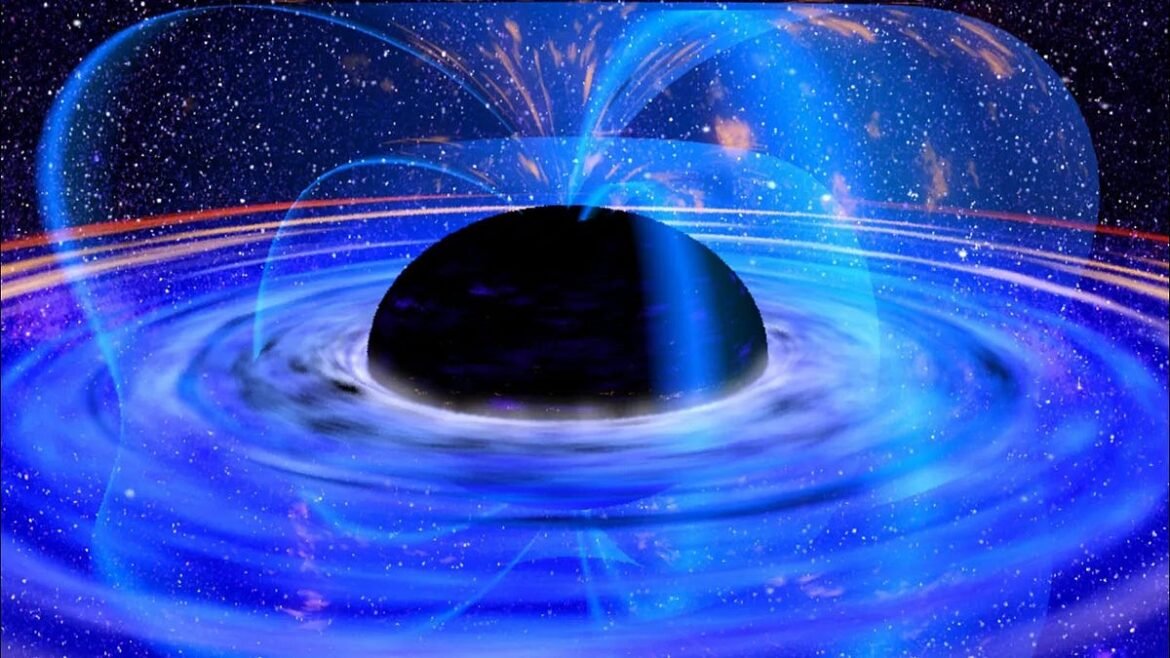Black holes encode information on their surfaces, but evaporate away into Hawking radiation. Is that information preserved, and if so, how?
No matter what you do in the Universe or how you do it, the overall entropy within our cosmic horizon always increases. Even when we go through the effort to put things in order — assembling a puzzle, cleaning our houses, even (yes, it’s possible) unboiling egg whites — it will still only be the local entropy of that one isolated component of the total physical system that decreases. In order to accomplish these feats, we have to expend energy, and that expenditure of energy will actually increase the total entropy of the entire cumulative system by a greater amount than the “ordering” process decreases it. As a result, the total entropy always goes up.
From another, equivalent perspective, the total amount of information in a physical system can only stay the same or increase; it can never go down.
But for black holes, there’s a paradox which arises, as this “information preservation, or increase” doesn’t appear to necessarily be the case. If you throw a book into a black hole, that book contains all sorts of information: the order of the pages, the text…

